Home Builder Warranties: Key Inclusions Explained
By Charles Pistro | August 8, 2025
Highlights:
- What’s typically included in a builder’s warranty
- Key differences between short-term and long-term coverage
- Red flags to avoid before signing your home contract
- How to compare warranties from custom home builders that offer warranties
- FAQs and fun facts to keep you informed
When you’re investing in a new home, peace of mind should be part of the package. That's why many homebuyers specifically seek out custom home builders that offer warranties. These warranties help protect against unexpected structural, mechanical, or material issues that could arise after moving in.
Whether you’re building your dream home from scratch or purchasing a newly constructed property, understanding what’s included in your builder’s warranty could make all the difference.
As Pistro Builders LLC in Bay City, MI, we always recommend that homeowners review the warranty terms closely—because not all coverage is created equal.
What Is a Home Builder Warranty?
A home builder warranty is a written guarantee from the builder outlining what they will fix (or replace) if something goes wrong with your new home. While the exact coverage varies, most builder warranties include:
- Workmanship and materials (usually for one year)
- Major systems like electrical, plumbing, and HVAC (often for two years)
- Structural defects (commonly covered for up to 10 years)
According to the Federal Trade Commission (FTC), builders are not required by federal law to provide warranties, but most do as a standard part of the sales process.
Pro Tip: A builder’s warranty is not the same as a home warranty purchased from a third-party company, which is typically service-based and can have monthly premiums.
FAQ Break #1: Home Builder Warranty Basics
Is a builder’s warranty included in the home’s price?
Yes, in most cases, the warranty is included as part of your new home construction contract.
Can I negotiate what’s covered in a builder’s warranty?
Sometimes. While the terms are often standardized, you can ask for specific additions before you sign.
What happens if I sell my home before the warranty expires?
Many builder warranties are transferable to the new owner, but it’s essential to verify this in writing.
Short-Term vs. Long-Term Coverage
Warranties often divide coverage into two primary timeframes:
1-Year Coverage
- Cosmetic defects (nail pops, paint issues)
- Trim and interior finishes
- Drywall and tile problems
2-Year Coverage
- HVAC
- Electrical wiring
- Plumbing systems
10-Year Structural Coverage
- Load-bearing walls
- Roof framing
- Foundation issues
- Beams and floor systems
Most new homeowners discover any major issues within the first two years, making this early period the most critical for warranty support. According to American Home Shield, most home warranty problems are reported within these first two years of homeownership, as defects and system failures are more likely to appear during this time. This underscores the importance of carefully reviewing warranty coverage and addressing any issues promptly to protect your investment.
What Should Be Included in a Quality Home Builder Warranty?
If you’re evaluating custom home builders that offer warranties, here are essential inclusions to look for:
- Clear duration periods for each type of coverage
- Defined response times for service requests
- Transferability clauses for future resale
- A list of exclusions (e.g., natural disasters or owner negligence)
- A process for dispute resolution
Red Flag: If a builder provides only a vague warranty document or delays giving it to you, walk away.
How to Evaluate a Builder’s Warranty
Not all warranties are created equal. Here’s how to assess them:
- Request a full copy of the warranty before signing your contract
- Ask questions about how repairs are handled—do they subcontract or do it in-house?
- Check online reviews for follow-through on warranty promises
- Compare with other
custom home builders that offer warranties to spot missing protections
Homeowners sometimes assume builder warranties are longer or more comprehensive than they really are—so always read the fine print.
What’s Typically Not Covered
Even with custom home builders that offer warranties, certain things are usually excluded:
- Natural disasters (floods, earthquakes, etc.)
- Acts of God or vandalism
- Appliance malfunctions (unless they’re builder-installed and under manufacturer warranty)
- Landscaping or grading
- Normal wear and tear
Knowing what isn’t covered helps set realistic expectations and may prompt you to purchase supplemental coverage.
Did You Know?
- Over 80% of new construction homes in the U.S. include a warranty, but coverage terms can vary dramatically.
- Structural defects account for less than 1% of warranty claims—but when they happen, they’re expensive.
Some states mandate builder warranties, while others leave it entirely up to the builder.
Common Warranty Disputes and How to Avoid Them
Unfortunately, not all warranty experiences go smoothly. Homeowners occasionally face issues like delayed repairs or denied claims. Here’s how to avoid trouble:
- Document everything from the start (dates, issues, photos)
- Report problems immediately—don’t wait for them to worsen
- Stay organized with emails and follow-ups
- Schedule your walk-through wisely—preferably before your 1-year coverage ends
Taking these steps can help protect your rights and ensure your warranty claims are handled promptly. Being proactive and organized often makes the difference between a smooth repair process and frustrating delays. Remember, clear communication with your builder is key to resolving issues efficiently and preserving your home’s value.
How to Compare Builders Based on Warranty Quality
Before choosing your builder, use the warranty as a decision-making tool. Builders who are confident in their craftsmanship typically provide more comprehensive coverage.
Things to Compare:
- Length of structural coverage (5 vs. 10 years)
- Responsiveness to warranty requests
- Online customer reviews specific to post-construction support
- Whether they go above state minimum requirements
The best custom home builders that offer warranties use them as a mark of trust—and aren’t afraid to show it in writing.
Why Pistro Builders LLC Stands Out
At Pistro Builders LLC, we know that your custom home is more than just a project—it’s your future. That’s why we proudly stand behind our work with warranties.
As one of the most trusted custom home builders that offer warranties in Bay City, MI, we don’t just build homes—we build lasting relationships backed by quality and accountability.
Questions to Ask Before You Sign
Don’t finalize your contract until you’ve asked these critical questions:
- “Can I see the full warranty terms before I sign?”
- “Who do I contact if I have a warranty issue?”
- “Is there a service department or manager?”
- “Are warranty claims handled internally or outsourced?”
- “How long do I have to report issues after move-in?”
These questions can help you avoid warranty confusion later—and help you pick the right builder now.
FAQ Break #2: Dealing with Warranty Issues
What if the builder refuses to fix a covered issue?
You may need to go through arbitration or mediation. Your warranty should outline a process.
Can I use my own contractor for repairs?
Generally no. Most builders require the use of their approved vendors during the warranty period.
Is mold covered by builder warranties?
Usually not, unless the mold is due to a structural defect or improper installation.
Should You Consider Third-Party Coverage?
Some homeowners add a third-party home warranty for additional peace of mind. These typically kick in after the builder’s coverage expires and may offer:
- Extended appliance coverage
- Optional roof leak protection
- Additional plumbing or electrical service
Some homeowners choose to add a third-party home warranty for additional peace of mind. These warranties typically kick in after the builder’s coverage expires and may offer extended protection for appliances, plumbing, electrical systems, and other major home components. According to Investopedia, third-party home warranties can fill gaps left by builder warranties, especially for older systems and appliances, providing homeowners extra peace of mind. This supplemental coverage helps avoid unexpected repair costs and extends your protection well beyond the initial warranty period.
Final Thoughts: Warranties Aren’t Just Fine Print—They’re Protection
Choosing among custom home builders that offer warranties should never be just about style, price, or floorplan. It's also about who stands by their work—years after the final nail is hammered.
A clear, robust home builder warranty reflects more than confidence. It reflects commitment to your long-term satisfaction. Don’t settle for less.
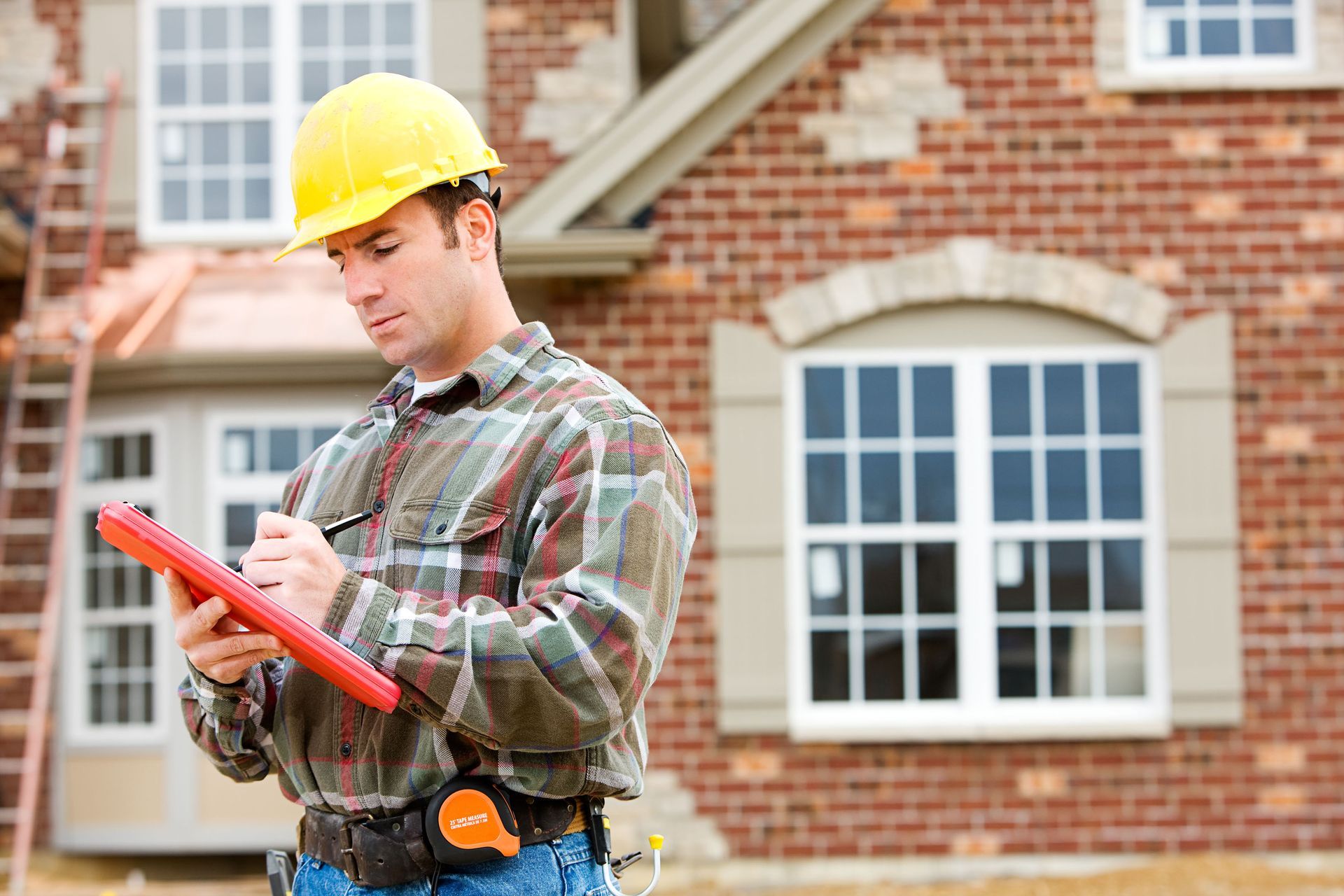

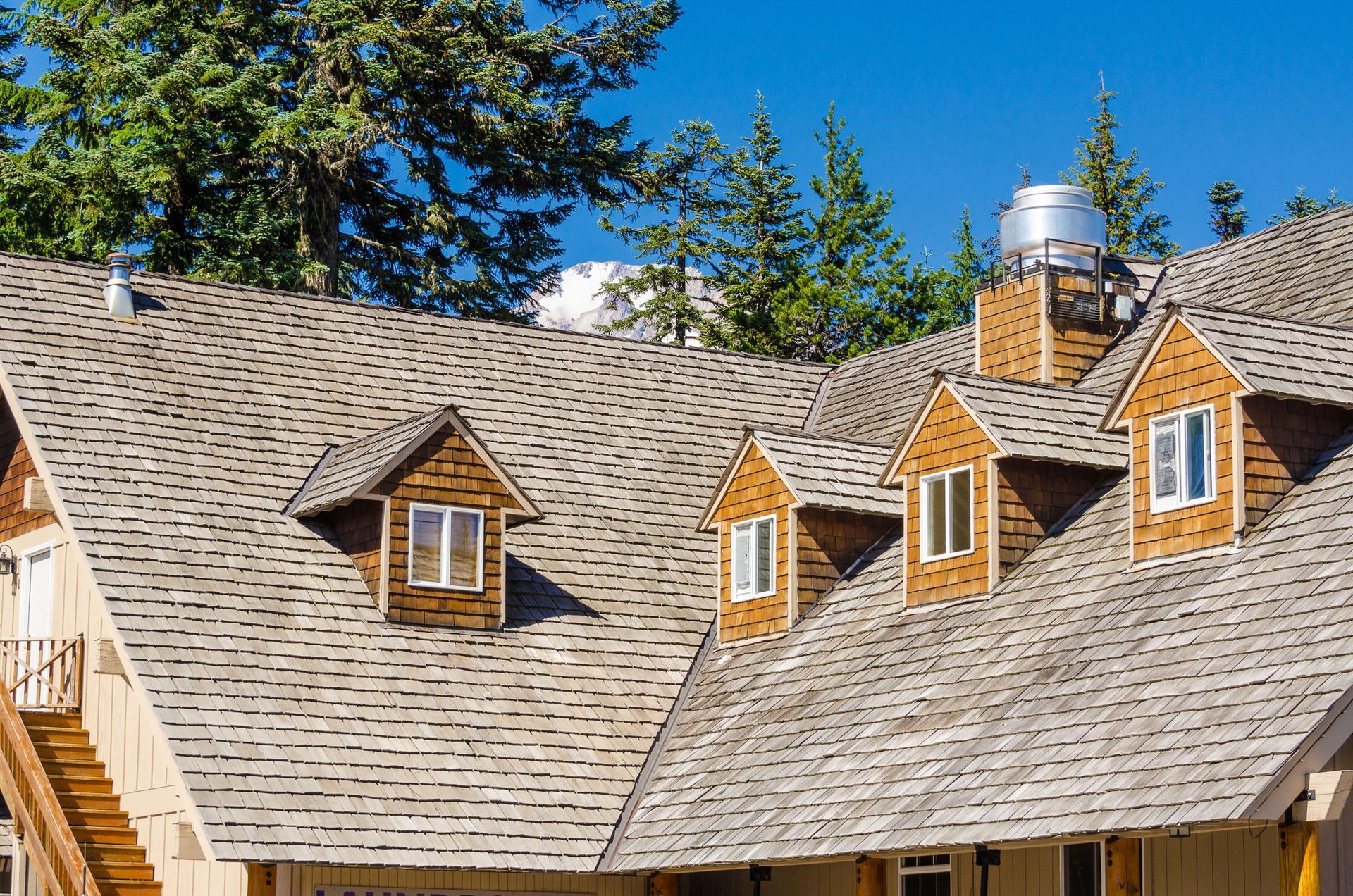
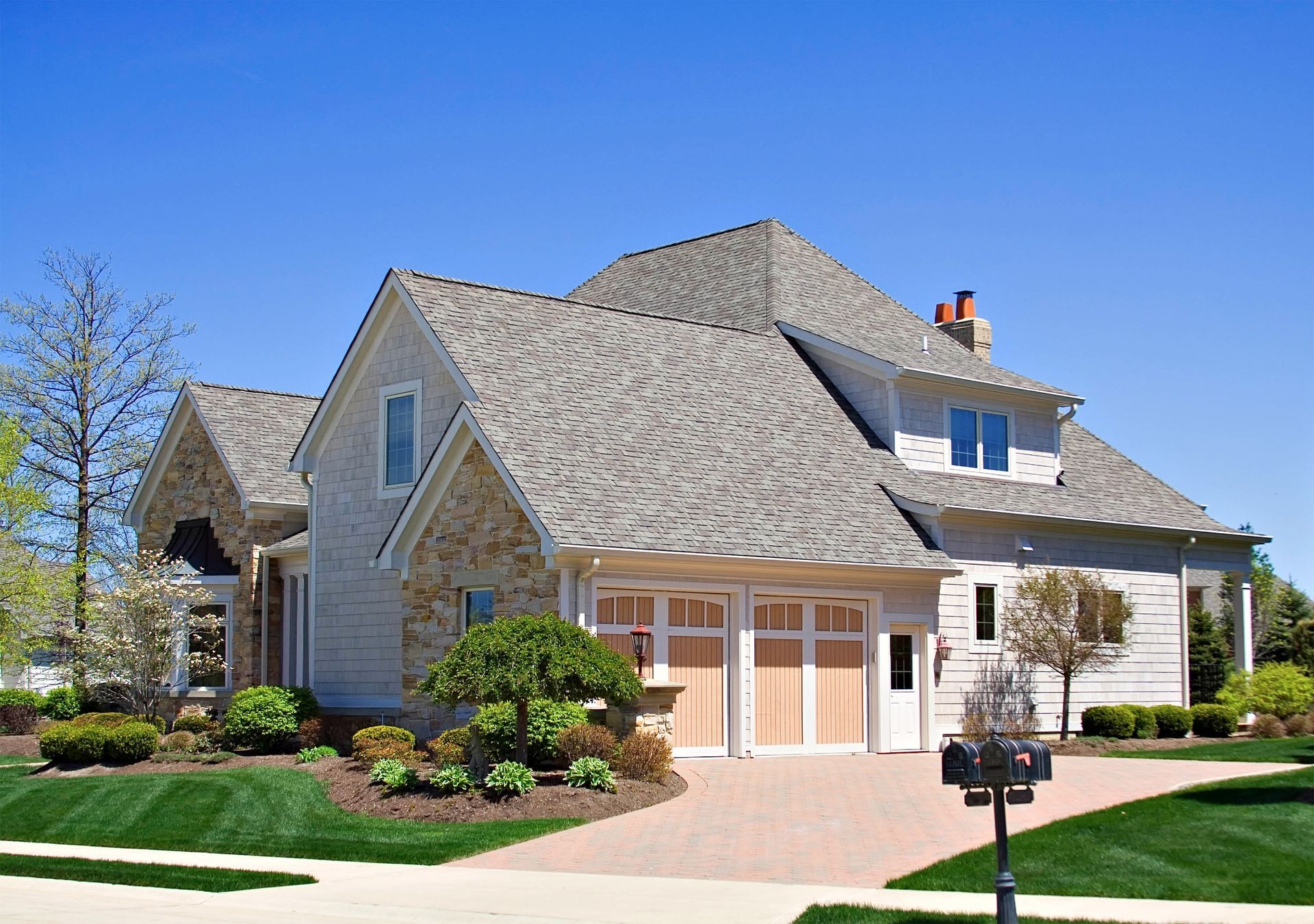
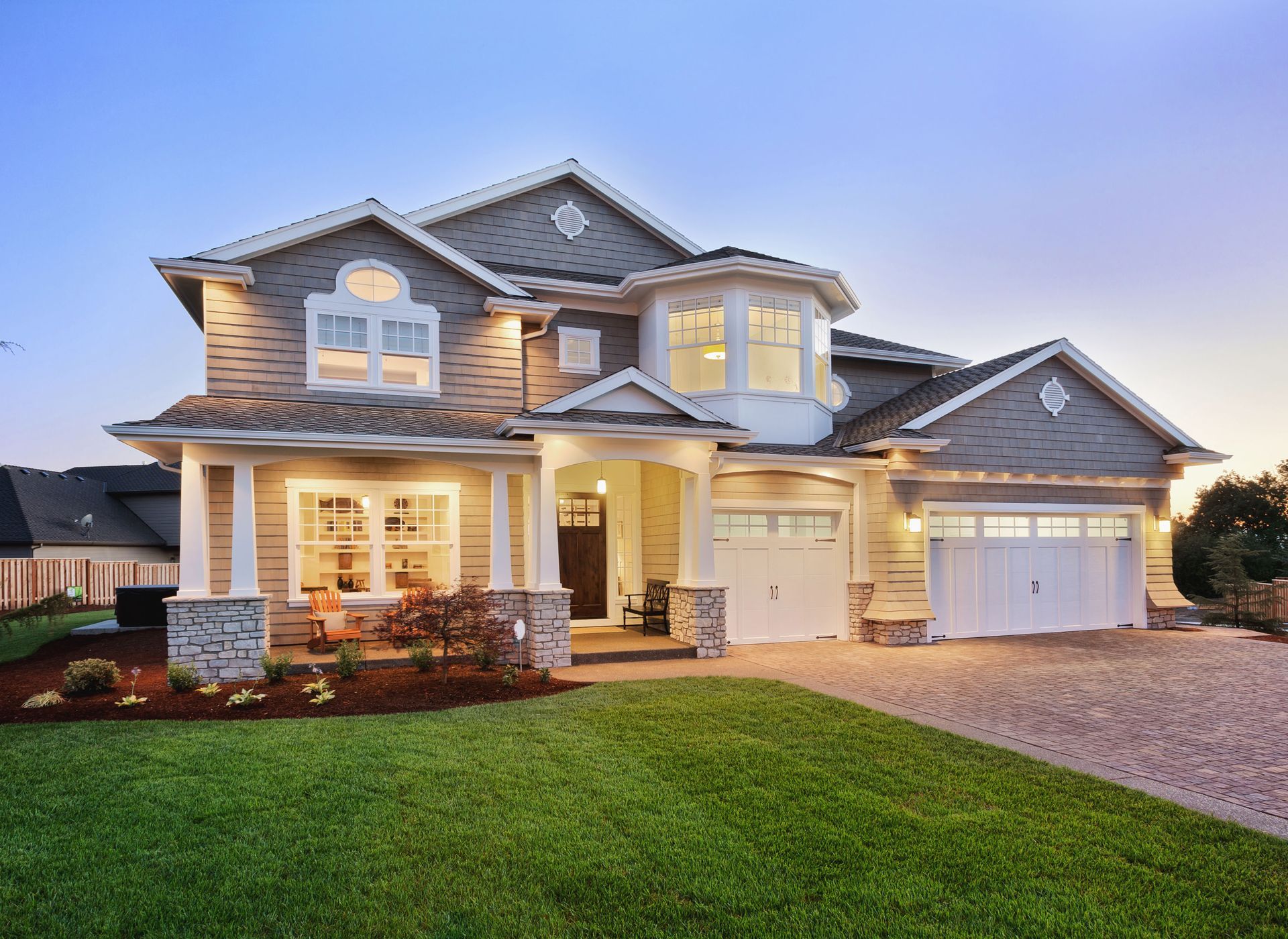
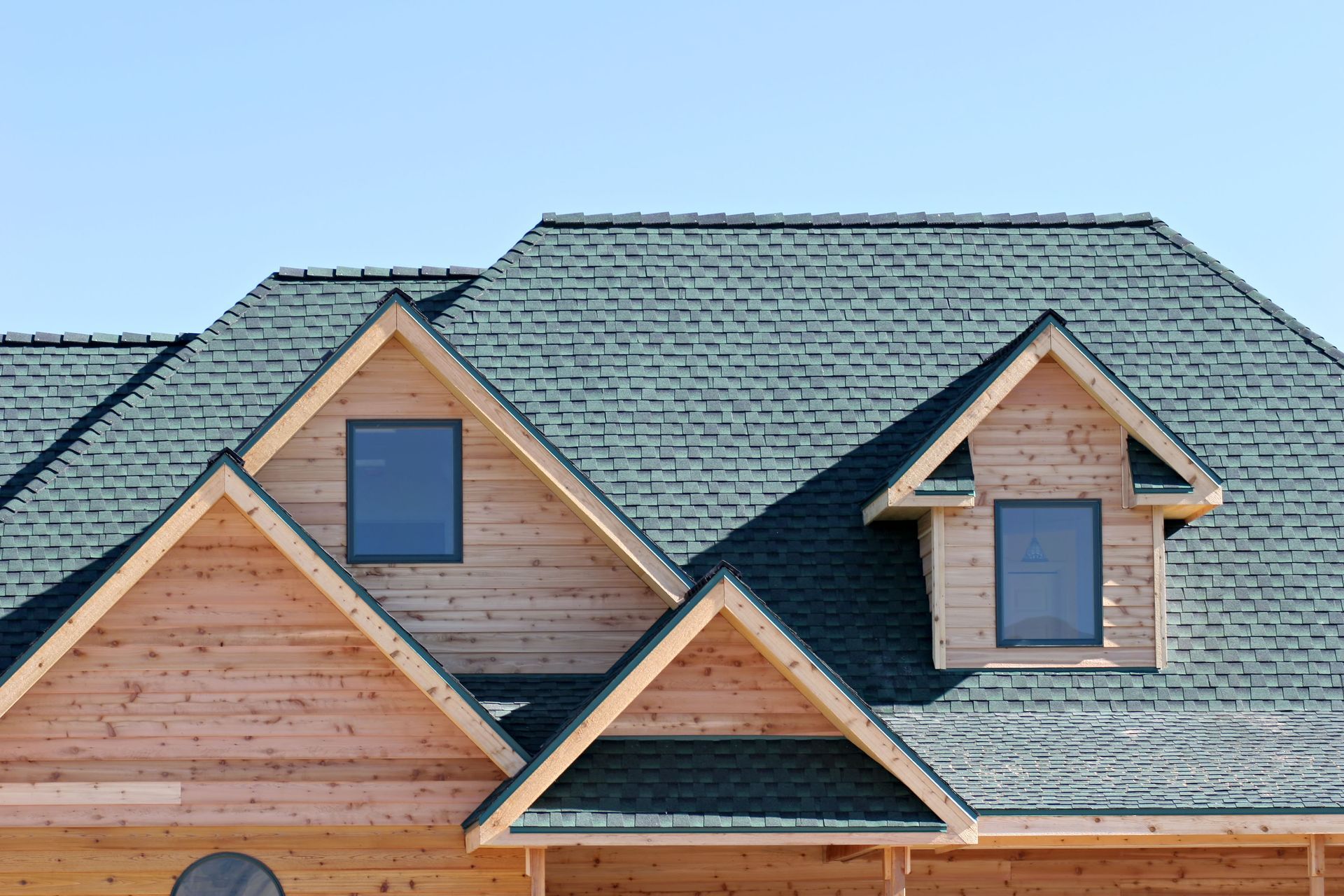
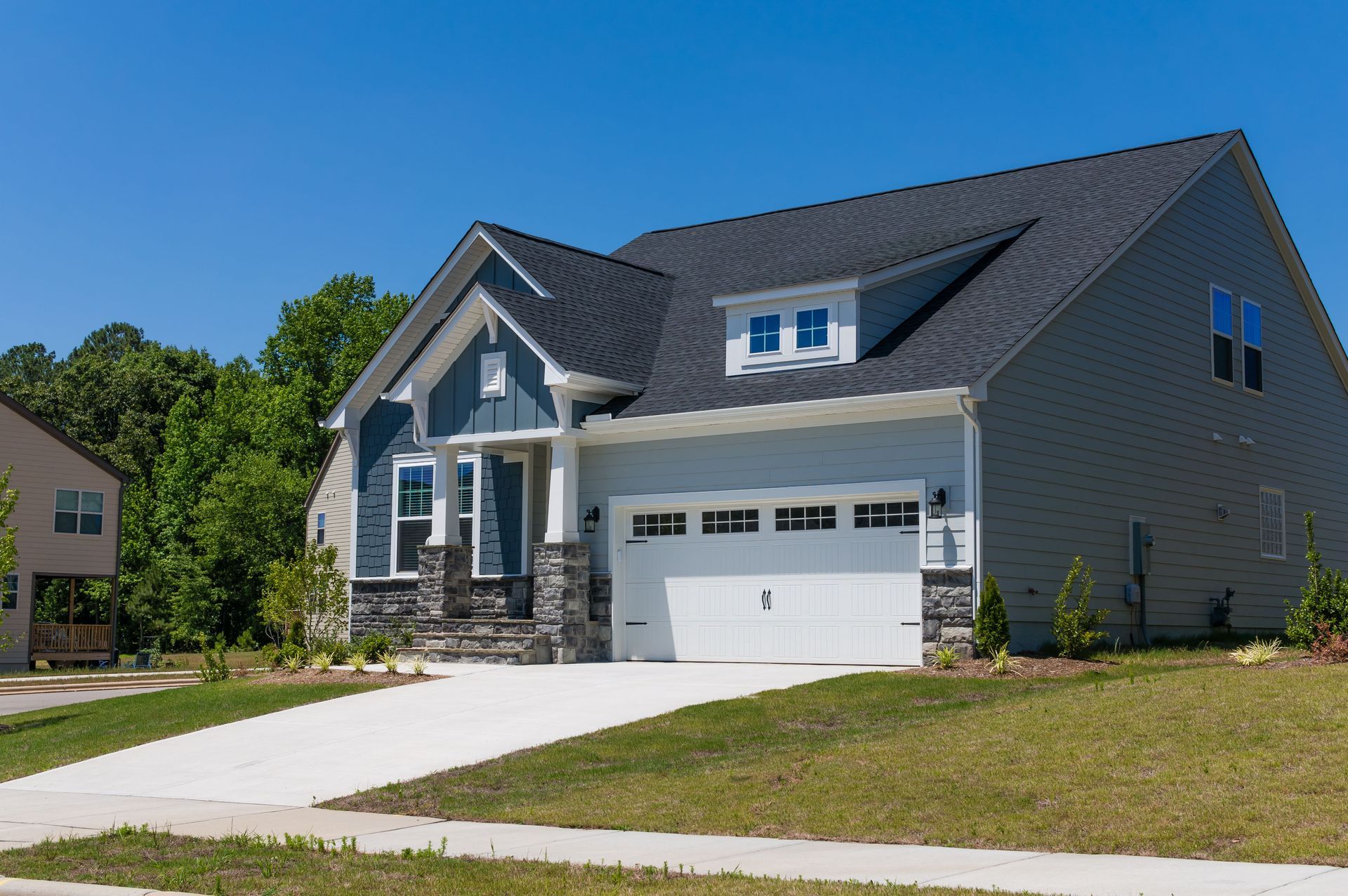
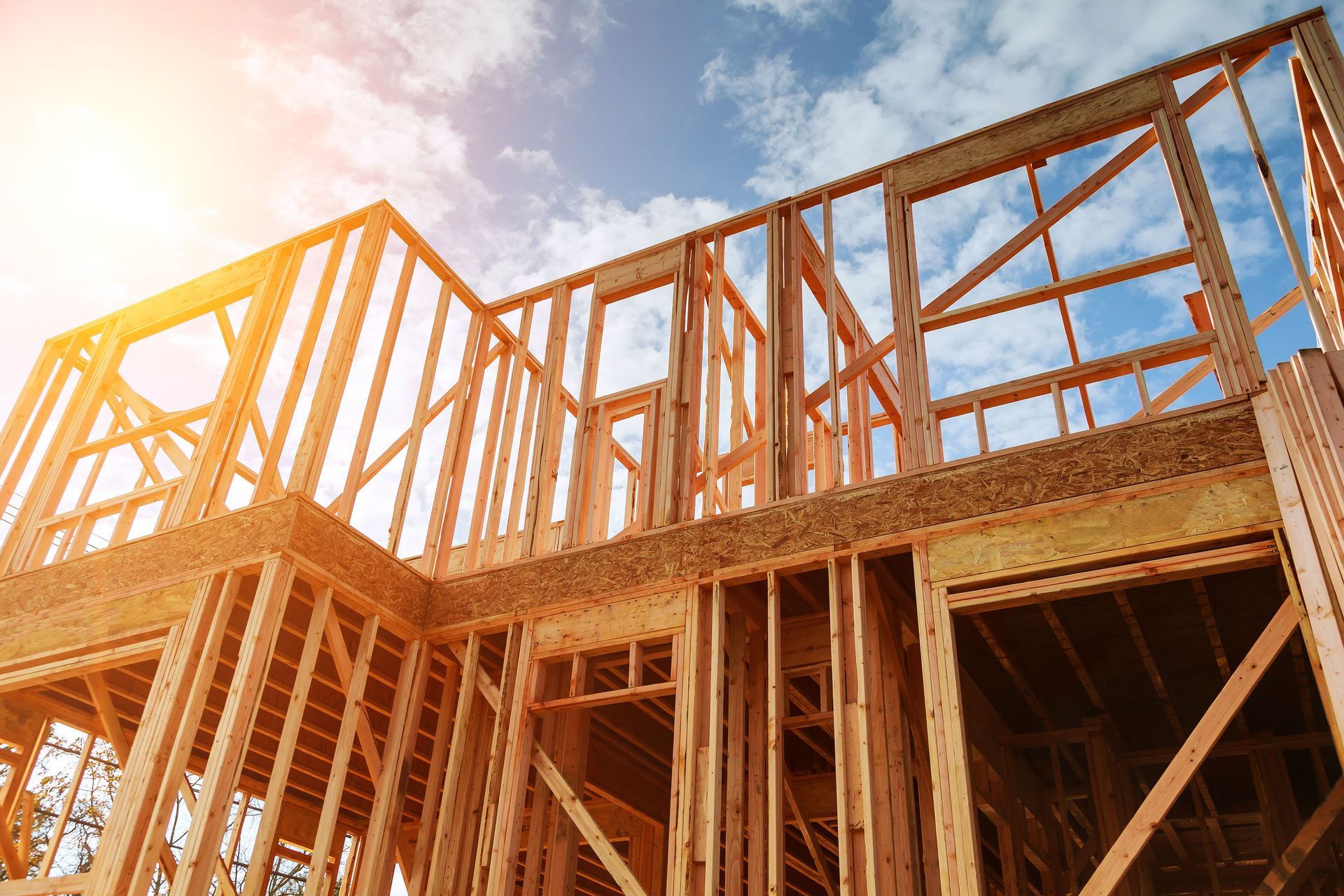
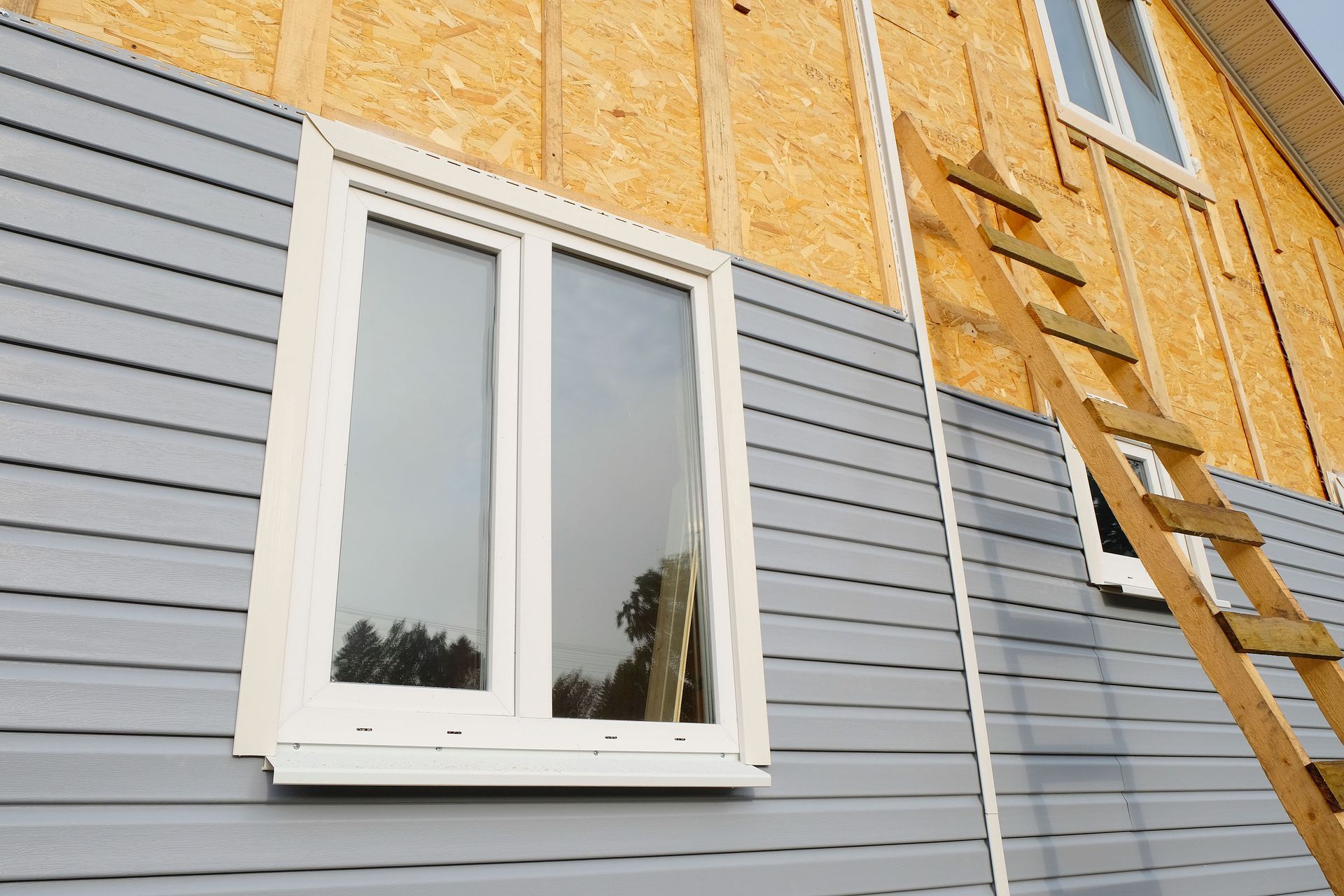


Share On: